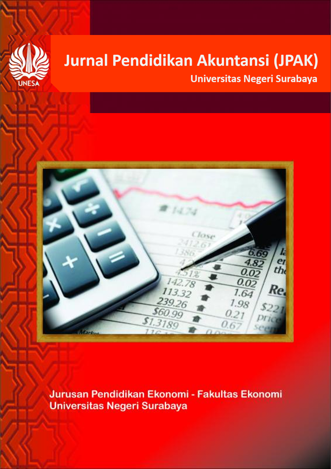Peran Experiential Learning Model Dalam Meningkatkan Kemampuan Pengelolaan Keuangan Rumah Tangga Guru Dan Karyawan SMA Z
DOI:
https://doi.org/10.26740/jpak.v9n3.p354-360Keywords:
Experiential learning model; household financial literacy training; financial householdAbstract
This study aims to describe the role of experiential learning models in improving the ability to manage household finances for teachers and employees during the Covid-19 pandemic. This study uses a qualitative descriptive method that is supported by the Wilcoxon signed ranks test different test. Data obtained through interviews, observations, and questionnaires. Qualitative data were obtained during the process of applying the experiential learning model in four stages, namely concrete experience, reflective observation, abstract conceptualization, and active experimentation. Different tests were conducted to show changes in participants' motivation to invest which could indicate changes in the participants' household management abilities. Questionnaires were given to thirty-two respondents who were all participants. The results show that the experiential learning model can improve the ability of teachers and employees of SMA Z in managing their household finances.
Downloads
Downloads
Published
How to Cite
Issue
Section
License
Authors who publish with this journal agree to the following terms:
- Authors retain copyright and grant the journal right of first publication with the work simultaneously licensed under a Creative Commons Attribution License that allows others to share the work with an acknowledgement of the work's authorship and initial publication in this journal.
- Authors are able to enter into separate, additional contractual arrangements for the non-exclusive distribution of the journal's published version of the work (e.g., post it to an institutional repository or publish it in a book), with an acknowledgement of its initial publication in this journal.
- Authors are permitted and encouraged to post their work online (e.g., in institutional repositories or on their website) prior to and during the submission process, as it can lead to productive exchanges, as well as earlier and greater citation of published work (See The Effect of Open Access).

Jurnal Pendidikan Akuntansi (JPAK) is licensed under a Creative Commons Attribution-NonCommercial 4.0 International License.
 Abstract views: 244
,
Abstract views: 244
, PDF Downloads: 257
PDF Downloads: 257



